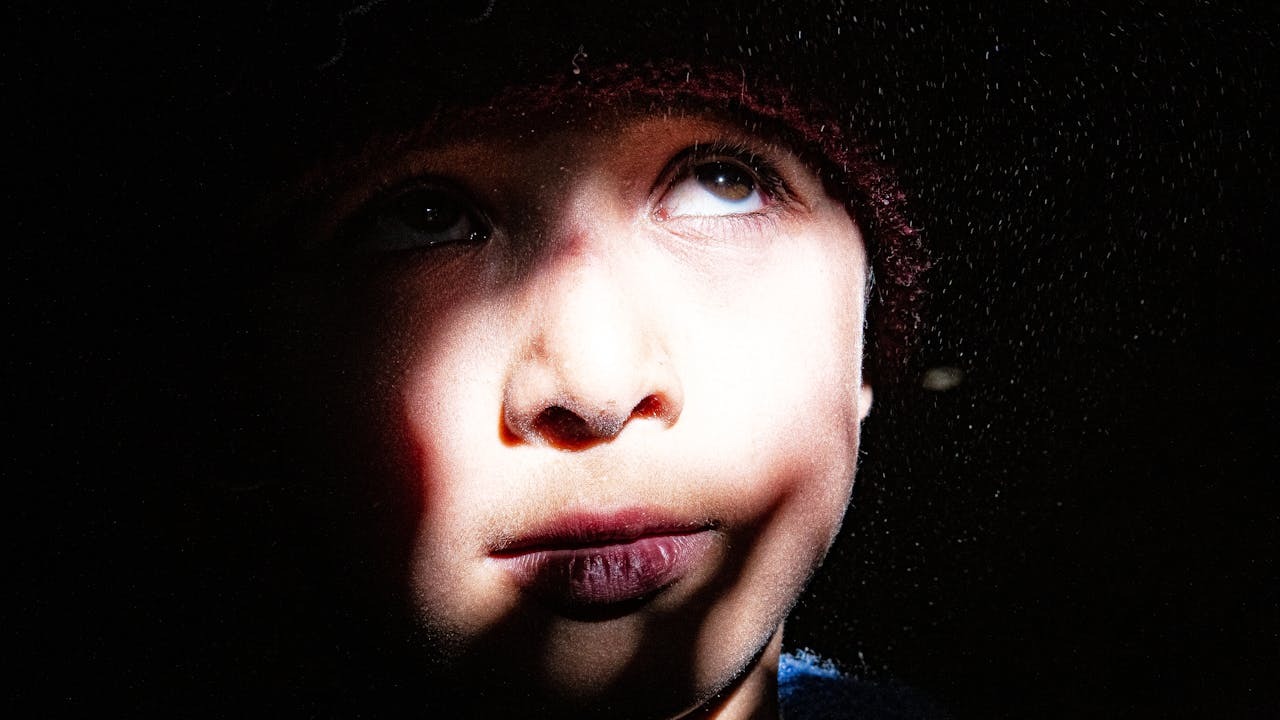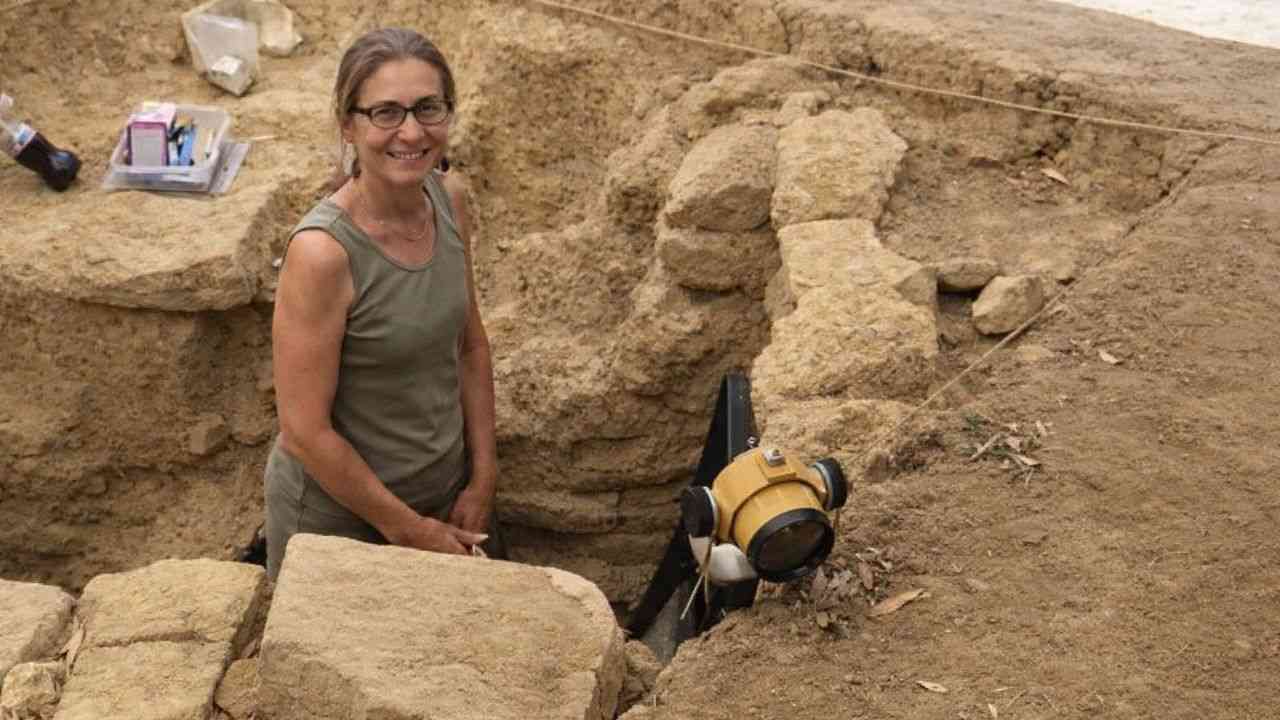Science
The Sun’s Ring of Fire and a Planetary Parade: A Captivating Celestial Show
13 February 2026

According to Państwowa Inspekcja Sanitarna (the State Sanitary Inspectorate) in Poland, we live in a time when one of the biggest problems affecting children and adolescents is addiction. It is a severe challenge for the education system, which has been assigned the main tasks related to prevention. All schools in Poland are supposed to develop their addiction-counteracting programs, taking into account the specificity of their community and local environment.
In addition to psychoactive substances (drugs, medicines), alcohol and nicotine, recent years have been abounding in reports of the effects of newer and newer addictions having a behavioral basis. Social media, computer games, and even “hidden gambling” sold under the guise of “items” trading (i.e. virtual objects that a character from an online game can be equipped with) are serious threats. The golden rule is that prevention is better than cure. So what should good prevention be like?
Any health-promoting and therapeutic impact must have a solid grounding in a recognized scientific theory. Why is it so important? Addiction is a clinical problem that is considered a disease. In both DSM-5 and ICD classifications, they have their codes, allowing for the systematization of diagnoses. Addiction therapy is therefore a kind of treatment, although it is not only dealt with by strictly medical personnel.
The impact of harmful substances is a social problem, and prevention must be addressed multi-faceted, considering the numerous factors affecting the success of the action taken. This is why grounding in recognized scientific theories and the principle of evidence-based therapy is the only reliable approach to the problem. Applying one’s techniques, resulting from the experience of clinicians and therapists, however, should be treated as an added value to the main “core” of the therapy.
When the process of puberty begins in a child’s life, the family environment ceases to be the main reference point. The attachment figures that have been idealized so far are disintegrating, and the most important authority becomes the peer group.
When designing preventive actions, it is necessary to have regard for the specificity of the community for whose benefit they are to be taken. This is why the school is a great place to carry out increased efforts to reduce the impact of stimulants on children’s health and lives. Teachers, apart from parents, know their students best, so any impact has a chance to be tailored to the specific population, and the needs and difficulties of the local community represented by the youngest generation – taken into account.
The basic factor increasing the effectiveness of preventive programs is the emphasis on the development of social skills of children and young people. Most drug-related initiations are caused not only by curiosity but also by family problems in the peer group. Difficulties in communication, lack of healthy assertiveness, inability to express, and unawareness of their needs are the main reasons that intensify the emotional roller coaster of the adolescent. Young people who go through affective states are particularly vulnerable to reaching for substances that are supposed to alleviate their feelings.
Building an atmosphere of understanding the young man’s problems, openness and kindness in every situation allows to create an image of a “safe adult,” giving them a sense of security. The support of parents or trusted teachers reduces the risk of looking for “solutions” on your own significantly.
We recommend: The Power of Situation, or Why We Yield to Authority
The absolute minimum required for an effective prevention program is to cover the critical age group — 11-14 years. It is an increased period of rebellion and vulnerability to often harmful social influences because then one’s identity is built very intensively through the process of individuation and identification. However, normative phases of development are often disrupted, resulting in crises that increase the risk of undesirable behavior.
It will be most beneficial to carry out social education activities as early as the preschool education stage. Children learn very quickly and take for granted everything that a trusted adult (parent, teacher) tells them. They do not have a critical and continuous learning disposition. It is then worth building a basis for actions that will possibly be taken in the future.
What allows us to create better and better programs to counteract problems caused by the use of psychoactive substances, alcohol, and others, is a reliable evaluation of actions taken so far. Unfortunately, assessing their effectiveness in Poland, as in many other countries, still leaves much to be desired.
The research being conducted in this area continues to diverge from the US standards that are considered exemplary, both in terms of data acquisition as well as methodology. Even though the programs are characterized by an increasingly better theoretical base, there is still a lot to be done in the field of evaluating their efficiency in Poland.
All therapeutic and prophylactic influences are extremely important. As well as the choice of methods and practice based on a solid theoretical basis. However, even the most professional development of the program will not help if our work, and even more: our mission, is not anchored in a timeless vision of humanity. This is what the idea of humanism is all about, and if we want to support it, let’s be both professional and humane.
Translation: Marcin Brański

Science
13 February 2026

Science
13 February 2026

Science
12 February 2026

Zmień tryb na ciemny